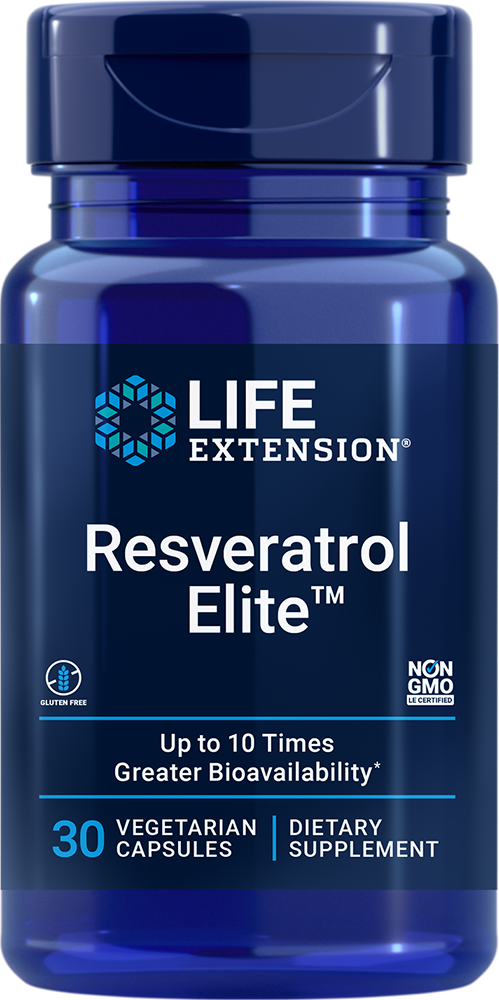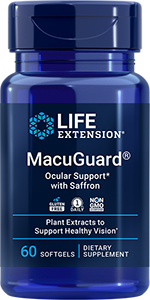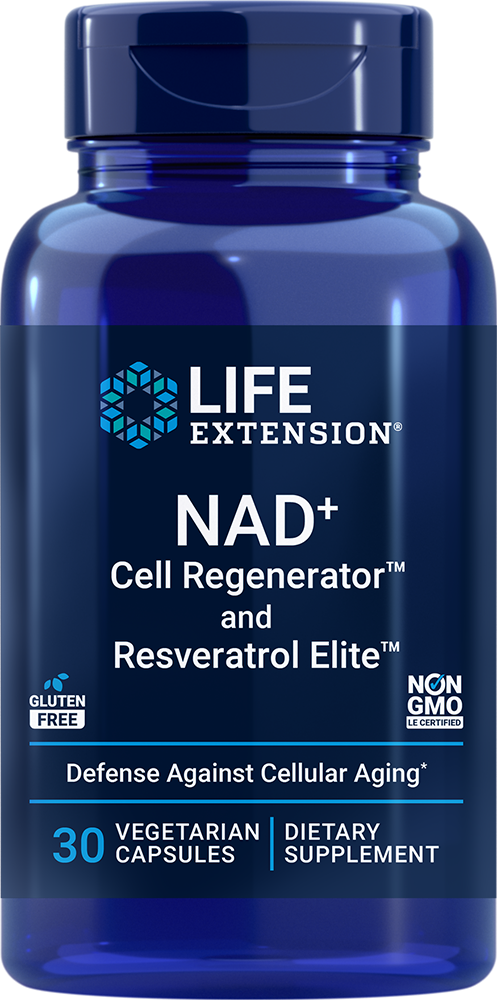The May 1, 2014 issue of the journal Clinical Cancer Research published the finding of Northwestern University researchers of an association between vitamin D deficiency and a greater risk of prostate cancer as well as more aggressive disease.
Adam B. Murphy, MD, and colleagues utilized data from 667 African-American and European-American men seen by Chicago urology clinics. Serum prostate specific antigen (PSA) and 25-hydroxyvitamin D levels were ascertained prior to initial prostate biopsies.
Among African-Americans, having a deficient vitamin D level of less than 20 nanograms per milliliter (ng/mL) was associated with more than double the risk of having a biopsy result that was diagnostic of prostate cancer in comparison with men who had higher levels of the vitamin. A severely deficient vitamin D level of less than 12 ng/mL was associated with significantly greater odds of increased tumor aggressiveness and tumor stage in both African and European-Americans.
"Vitamin D deficiency could be a biomarker of advanced prostate tumor progression in large segments of the general population," commented Dr Murphy, who is an assistant professor in urology at Northwestern University Feinberg School of Medicine. "More research is needed, but it would be wise for men to be screened for vitamin D deficiency and treated."
"Vitamin D deficiency is more common and severe in people with darker skin and it could be that this deficiency is a contributor to prostate cancer progression among African-Americans," he noted. "Our findings imply that vitamin D deficiency is a bigger contributor to African-American prostate cancer."
"It is a good idea to get your levels checked on a yearly basis," Dr Murphy recommended. "If you are deficient, you and your doctor can make a plan on how to reverse it through diet, supplements or other therapies."














